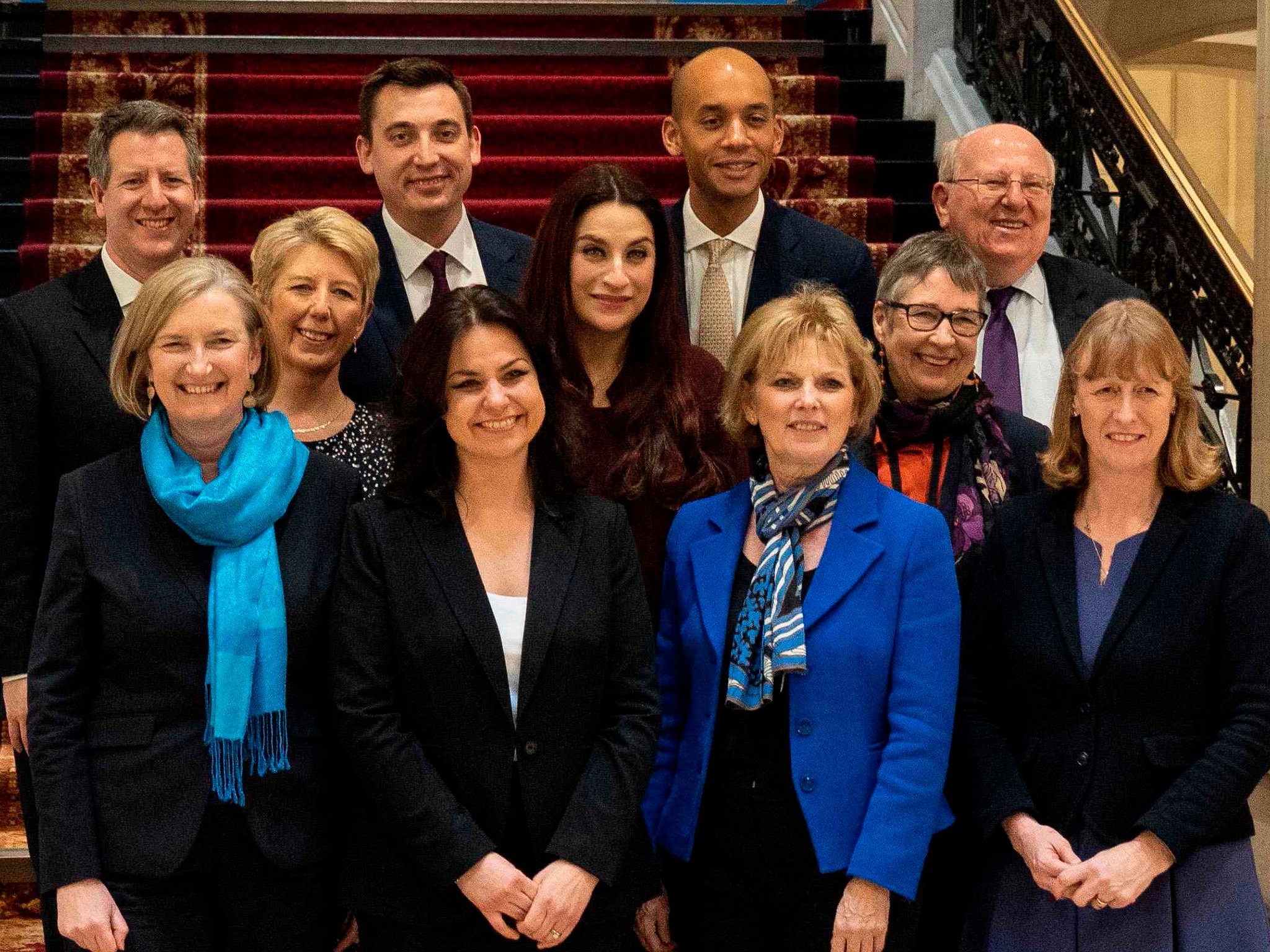The defection of three ‘Remain’ backing Conservative MPs to the new ‘Independent Group’ has further heightened speculation that a new centrist force may be on the way in British politics. This group already has numerical parity with the Liberal Democrats in terms of Parliamentary representation, meaning any further defections could make them the fourth largest grouping in Parliament. Our First Past the Post electoral system will always make it difficult for such a party to achieve electoral success, but their defections nonetheless are demonstrative of the splits in the Conservative Party and the country as a whole.
Few in the Tory base will lament the defection of these three MPs, whose liberal and pro-European views do not sit well with the bulk of the Party’s supporters. This is a trend that intensified at the 2017 General election, where the Conservatives picked up many older, working-class former UKIP and Labour voters at the expense of younger, middle-class voters in cities who swung heavily to Labour.
In this sense, the relationship between social class and voting that underpinned
Their reasons for leaving
This is hardly likely to sit well with the eight Labour defectors who worked desperately to oust that government. Even her fellow Conservative defector Heidi Allen seemed to attack the Party’s record in office since 2010,
No party should relish defections. The desire for greater homogeneity may be superficially appealing, but parties must be broad churches if they want to win elections, and thus shedding MPs on either flank of the party is undesirable. I wonder also what Soubry, Allen and Sarah Woolaston feel can be achieved in this new grouping that could not have been achieved by fighting their corner from within the party. Finally, one has to note the irony that all three desire a second referendum on leaving the European Union but will not give their constituents a second vote on their MP given they no longer represent the party that got them elected and that their constituents voted for.
Image Credit: The Independent

